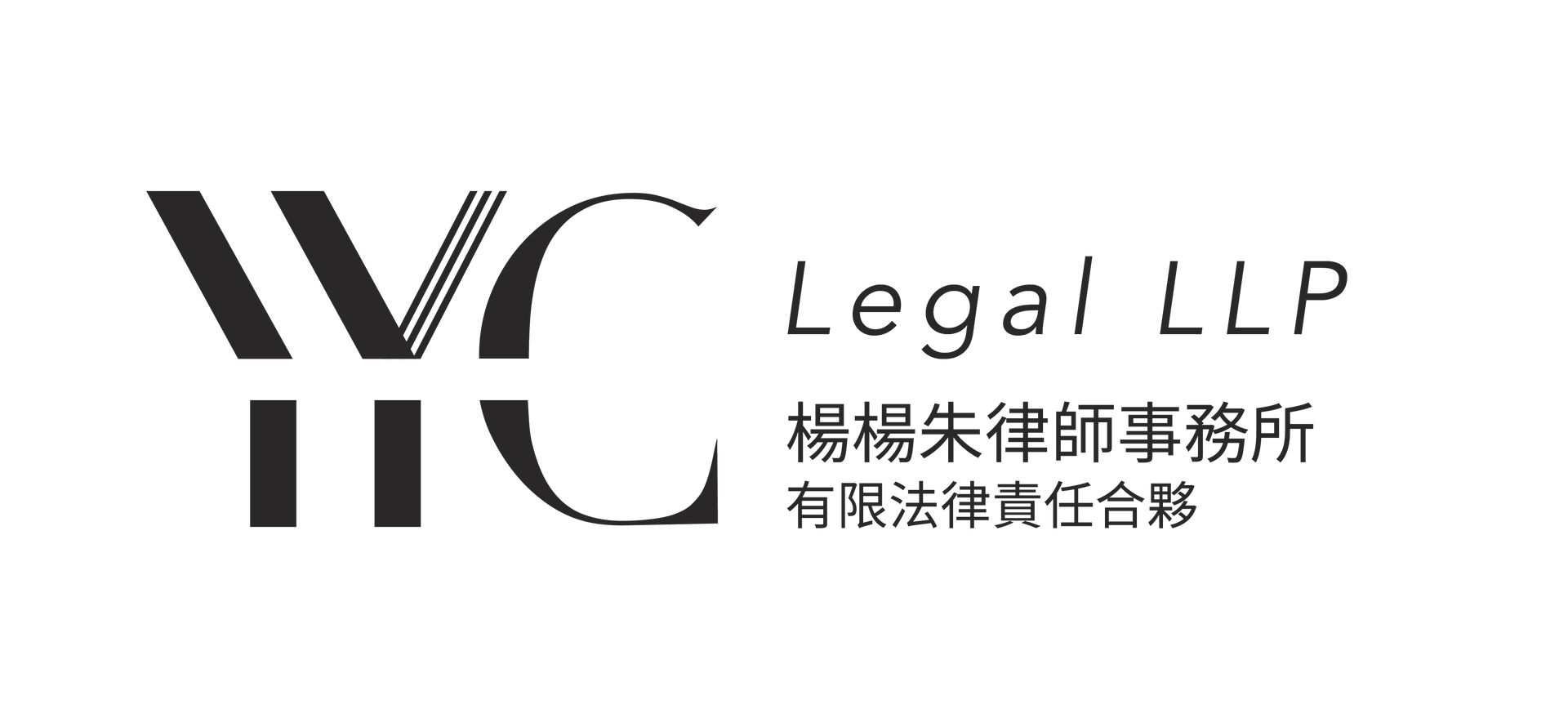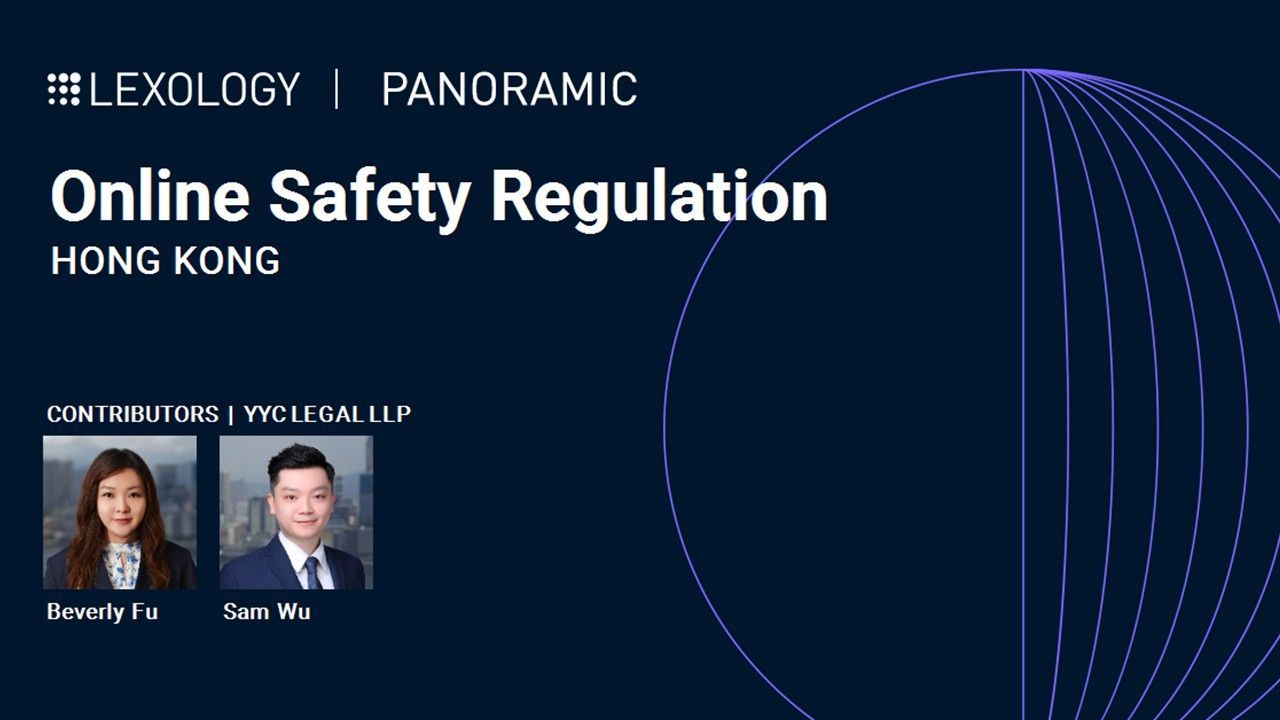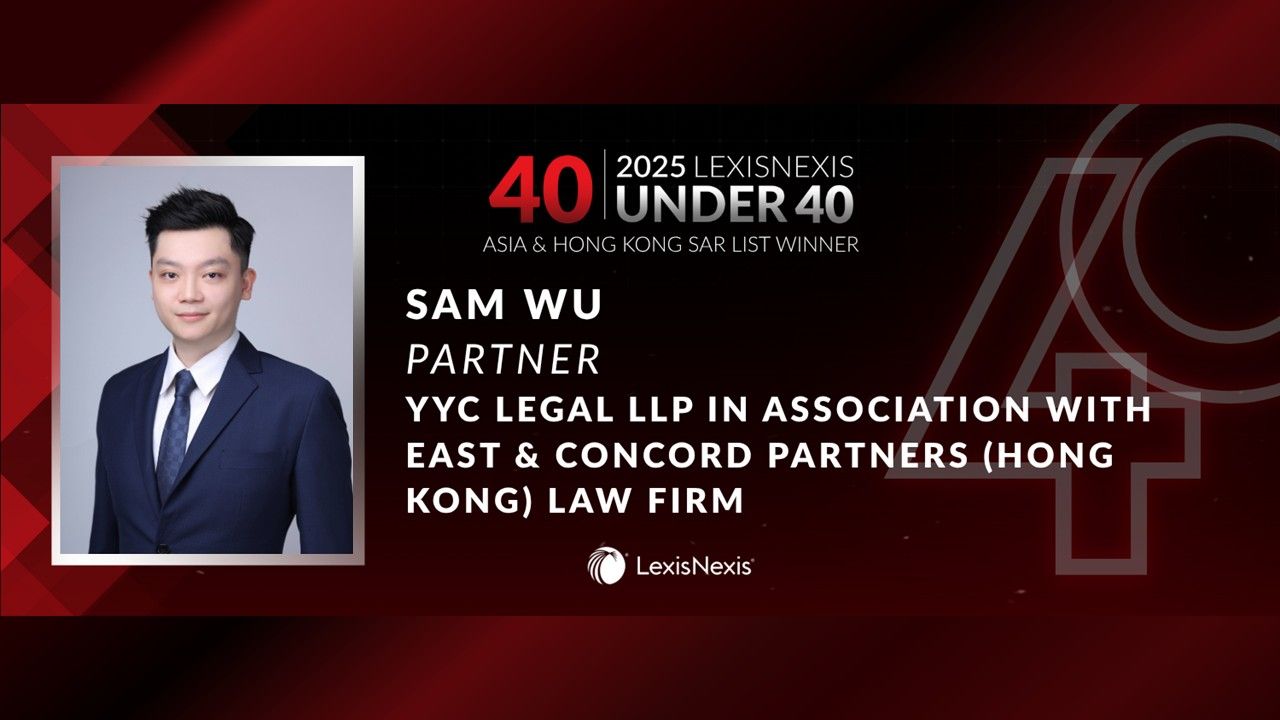The terms of the ESOP are tailor-made based on the company’s own human resources strategies, and usually set out the form of the incentive, administration of the plan, eligibility of grantees, any limit of grant to an individual, circumstances that unvested grants will lapse and clawback mechanisms (e.g., upon the employee’s resignation, dismissal by the employer). Subject to the terms of the ESOP, the company may stipulate vesting conditions for individual employees (e.g., service period, the company’s financial performance, such employee’s own key performance indicators).
An employee may make a profit equivalent to the difference between the price he/she has to pay and the market price or fair value of the company’s shares when the vesting conditions are fulfilled. On the company’s side, ESOP is a useful tool to reward and motivate employees by granting them equity interests to share the future growth of the company. ESOP is also seen as an alternative way to incentivize key persons for the company to achieve IPO (by then, their return on the ESOP grants are usually quite substantial) while the company needs not pay them high salaries in cash before the IPO is completed.
There is no universal rule on how large the grant pool should be unless the company is a listed company and is thus subject to the regulatory requirements. Depending on factors such as industry sector, size of the company, types of talent to be attracted and management culture, companies are willing to offer between 5% to 20% of its total share capital.
Company and securities laws
Where an ESOP involves grants in Hong Kong, whether it is a plan of a Hong Kong or overseas company, it is still subject to Hong Kong company and securities laws including the Companies (Winding Up and Miscellaneous Provisions) Ordinance and the Securities and Futures Ordinance.
If a grant offer is made to
- a bona fide present or former director, employee, officer or consultant of the company or its group company,
- a bona fide dependent of any such person or
- the trustee of a trust for such persons,
then the offer is exempted from the Hong Kong prospectus requirement.
However, the following warning statement should still be included in the ESOP:
WARNING: The contents of this document have not been reviewed by any regulatory authority in Hong Kong. You are advised to exercise caution in relation to the offer. If you are in any doubt about any of the contents of this document, you should obtain independent professional advice.
A Chinese translation of the above warning statement should also be provided.
Employment law
An ESOP typically excludes the employee’s rights under the plan from the damages that can be awarded to the employee on termination of employment. The employee usually losses its grants if the vesting conditions have not been fulfilled when the employment is terminated by the employer. However, the court may still award damages in respect of loss of ESOP grants in cases such as constructive dismissal or employer’s wrongful termination of employment.
Deduction from wages is strictly regulated in Hong Kong. The Employment Ordinance of Hong Kong permits deductions to be made from wages, upon the employee’s written request, in respect of contributions to be paid by him through the employer for the purpose of any medical benefit scheme, superannuation scheme, retirement scheme or thrift scheme lawfully established for the benefit of the employee or his dependents.
An ESOP is clearly not a medical benefit scheme, superannuation scheme or retirement scheme. A “thrift scheme” is generally referred to savings scheme that would not cause risks and offer absolute benefits to the employee or his dependents.
An ESOP carries the risk of fluctuating share value or prices and is therefore an investment option for the employees. Thus, it is generally not regarded as a thrift scheme and falls outside any of the categories of deductions permitted under the ordinance. It follows that the employer may have to pay full wages to the employees and makes arrangements to collect their exercise prices when they become payable.
Employers who make illegal deductions from the wages of employees are liable to prosecution and, upon conviction, to a fine of HK$100,000 and to imprisonment for one year.


















